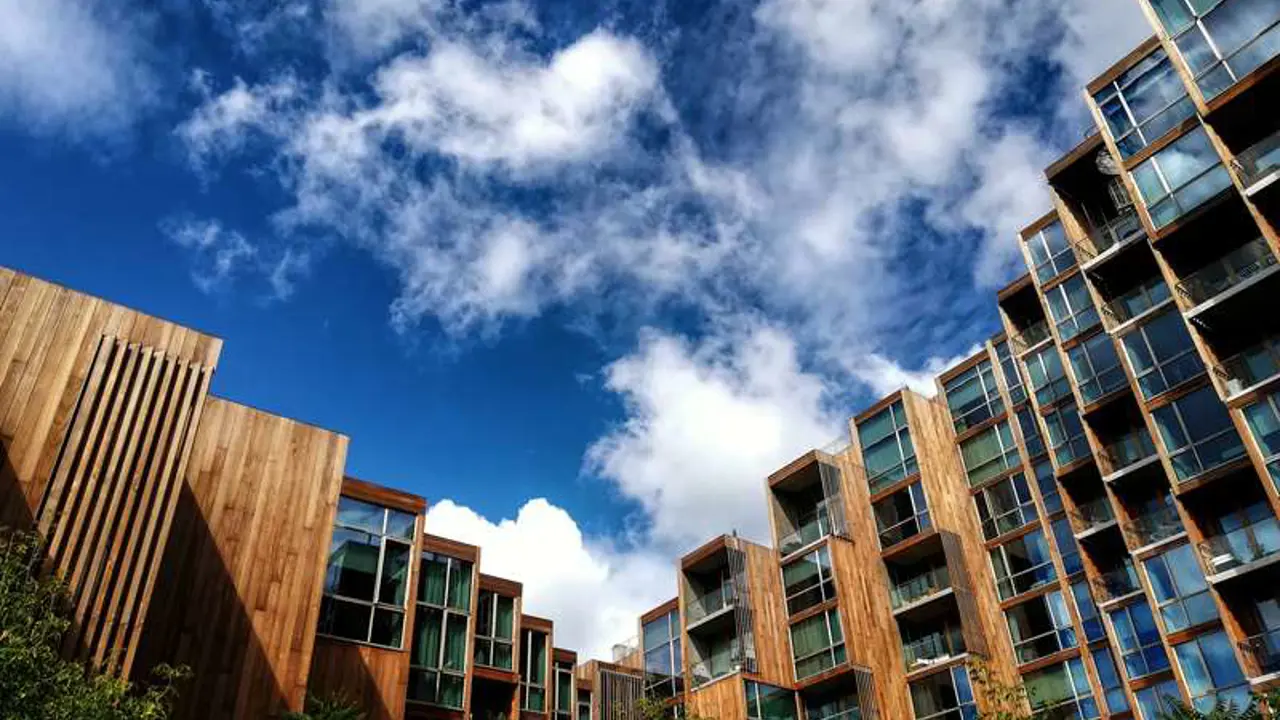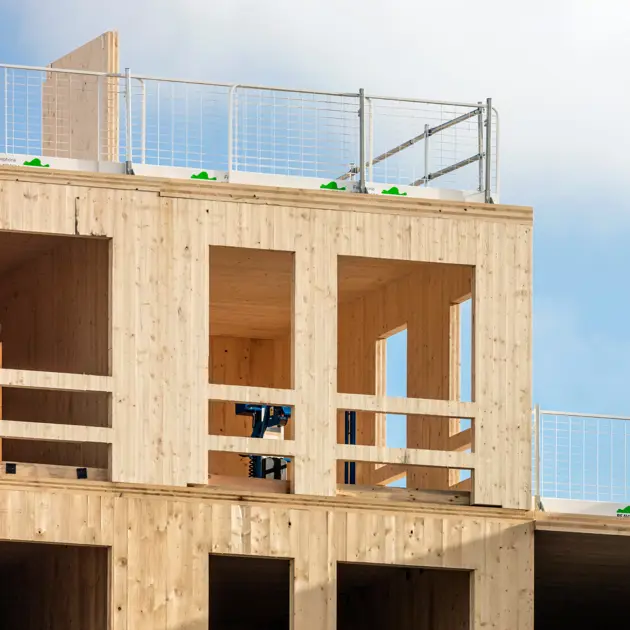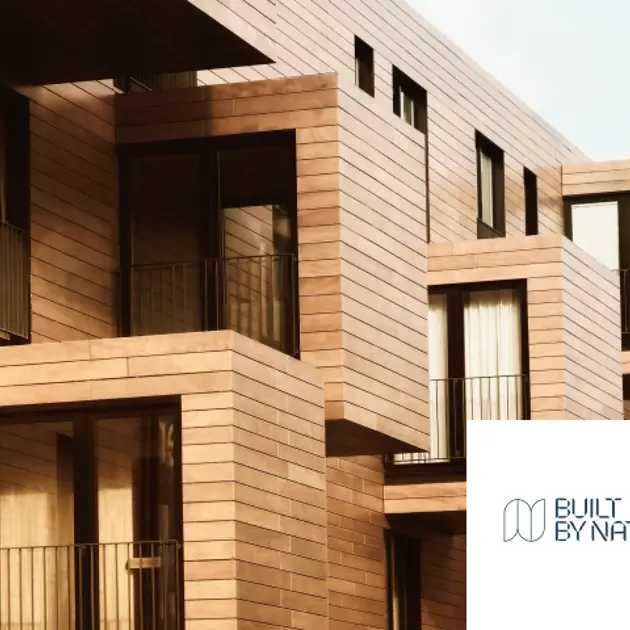Reimagining the system for a built environment transition

The way we design our cities and buildings reflects – even defines – the way we live. Buildings are some of the largest things we produce, and how they are designed, financed and used has a huge impact on the lives of people across a society. So how can we reimagine how we think about, construct and share our buildings? Who are the key actors that can drive a built environment transition?
We view the built environment as a ‘system’ of interdependent organisations and people who seem to be working towards a common goal. Traditionally, this has been developing land or buildings to make them more ‘valuable’, with the assessment of value driven by purely financial metrics.
The system of attributing maximum value to ‘new’ is an entrenched one. We have created an environment of barriers to input from all but a handful of the people impacted by our built spaces, and a short (in planetary terms) market cycle that excludes real climate planning and disincentivises collective stewardship of urban environments.
We need change at every level of the ecosystem to reimagine how we think about, construct and share our buildings. Driven by the knowledge that built spaces are emissions machines, and the realisation that their ownership is often intrinsically exclusive, we are starting to see a new way emerging, and its potential is really exciting.
Designing a new future
Our Foundation’s promise to industry is to challenge and inspire: to call out sector behaviours that entrench the climate emergency and deep inequalities, and to support partners who work to imagine and then prove a new future.
Our built environment team is currently working with close to 40 partners across Europe and has to date invested €39 million into supporting foundational change through targets, measurement and regulation; helping those focused on scaling today’s most impactful solutions and funding pioneers who are leading the way in radical thinking to reshape the framing of what is needed tomorrow.
We believe the built environment needs to change the ‘rules of the game’ – making it viable, even profitable – for those who focus on how to ‘build less’ by creating more compact and liveable cities, who build with social impact as a driver not a risk, and who are trying to move regenerative bio-based materials from niche to norm. We work with partners who share that same vision.
Partnering for progress
We have recently partnered with systems change company SYSTEMIQ to develop ground-breaking data-led research into smart land and space use. This will enable urban policymakers to imagine a new way of planning their towns and cities that aligns sustainable density with emissions reduction, and guides on wellbeing considerations, ensuring maximisation of the space we already have.
Our partner Bauhaus Earth has helped to rekindle the built environment ‘bauhaus’ spirt: uniting art with function in a spirit of optimism and experimentation, convening ‘unusual’ actors and voices from across the sector and societal spectrum.
In June they co-hosted the Reconstructing the Future for People and Planet Conference, with the Pontifical Academy of Sciences (PAS), opened by European Commission President Ursula von der Leyen. Hosted in Vatican City, it brought together world-renowned scientists, architects, spatial planners, and policy makers to discuss the transformation of the built environment from a driver of climatic and societal crises into a force for planetary regeneration.
This followed the launch of Towards Re-Entanglement: A Charter for the City and the Earth, a new Bauhaus Earth global call to action for the healthy and regenerative re-connection of human activity with the Earth’s natural systems, signed by Laudes Foundation, Built by Nature, Club of Rome and others.
Built by Nature, the major accelerator network and fund for regenerative bio-based materials launched by Laudes last year, has just launched its second in-country network of practitioners and champions (Spain’s ‘Mass Madera’, after launching Built by Nature UK). It connects, enables and amplifies the work of industry frontrunners and entrepreneurs adopting circular and sustainably sourced mass timber in new-build and renovation projects.
In its first year of existence, it has awarded over EUR 1.38 million in grants to projects focussed on gathering substantive data on the environmental and technical performance of timber buildings, driving change in their insurability, perception shifts about this breakthrough structural material, and already established deep ties with forestry experts to ensure positive impacts on nature.
Convening and converging around change
The climate and inequality crises have multiple stakeholders with the power to influence change. Many of them are not yet in contact or are still finding ways to communicate the urgency of the change needed – and the radically-beneficial new model that’s possible.
As much as we focus on the bedrocks of carbon budget-aligned standards and science-based targets, Laudes plays a key role in uniting unlikely allies and peers, and supporting partners to align on what the future could be; helping to engender a momentum of positivity among both leaders and their constituents, and ensure we have a built environment which works for everyone.
We are continuing to lead a diverse community towards a just transition which works for everyone.
“The future is our Commons; only in committed solidarity can we save and restore it.”
Bauhaus Charter of Rome
-

By James Drinkwater
Head of Built Environment Programme


